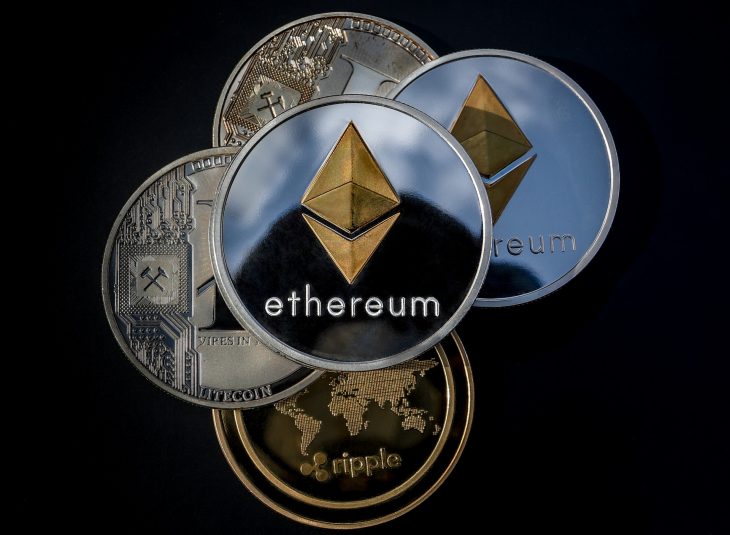At the Yahoo Finance All Markets Summit: Crypto conference on June 15, William Hinman, the director of the division of corporation finance at the U.S. Securities and Exchange Commission, surprised many people by declaring that the cryptocurrency Ether was not a security, because “In cases where there is no… central enterprise being invested in or where the digital asset is sold only to be used to purchase a good or service available through the network on which it was created,” that digital asset is “out of the purview of U.S. securities laws.” This might appear to be good news, because it seems to indicate less regulation for Ether, which has been at the heart of many cryptocurrency innovations, including the booming Initial Coin Offering (ICO) market. However, the picture is more nuanced, as this article from TechCrunch suggests:
For the SEC, while cryptocurrencies like bitcoin and ether are not securities, token offerings for stakes in companies that are built off of those blockchains can be, depending on the extent to which third parties are involved in the creation or exchange of value around the assets.
The key for the SEC is whether the token in question is being used simply for the exchange of a good or service through a distributed ledger platform, or whether the value of the cryptocurrency is dependent on the actions of a third party for it to rise in value.
“Promoters, in order to raise money to develop networks on which digital assets will operate, often sell the tokens or coins rather than sell shares, issue notes or obtain bank financing. But, in many cases, the economic substance is the same as a conventional securities offering. Funds are raised with the expectation that the promoters will build their system and investors can earn a return on the instrument — usually by selling their tokens in the secondary market once the promoters create something of value with the proceeds and the value of the digital enterprise increases,” Hinman said.
This gets at the heart of an old problem in cryptocurrency and blockchain, the issue of governance. Effectively, in order to avoid being a security, a cryptocurrency cannot have an owner or other body that regulates and governs its use. Yet many cryptocurrencies of particular interest to payments providers, such as RXP (Ripple), do have such a body; in fact, the existence of a governance body is what gives financial institutions confidence in investing in the platform. Ether itself was originally a security by this definition, since the Ethereum Foundation presold it in order to raise money to fund development of its scripting language. What does it mean to be using a security as a substitute currency? In other words, this is an answer that raises a whole host of questions, as can be seen in a follow-up article in CoinDesk on June 15 called “Rejoice or Bemoan? SEC’s Ether Comments Divide Crypto”.
In short, the regulatory landscape is still very unsettled, with different agencies and different courts in different countries giving widely divergent opinions about what is going on in the cryptocurrency market. This is likely to have a chilling effect on blockchain initiatives, as financial institutions become nervous about getting too far out ahead of the regulators. For those who fantasized about a stateless financial infrastructure, this is a vivid reminder that states and regulators retain immense power to punish people retroactively for conduct that was not obviously illegal at the time they did it. For all that cryptocurrencies may exist independently of states, the people who use them do not, and they move forward at their own risk.
Overview by Aaron McPherson, Vp Research Operations at Mercator Advisory Group
